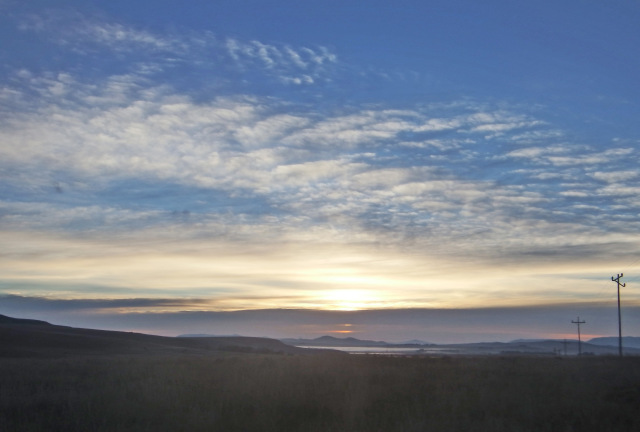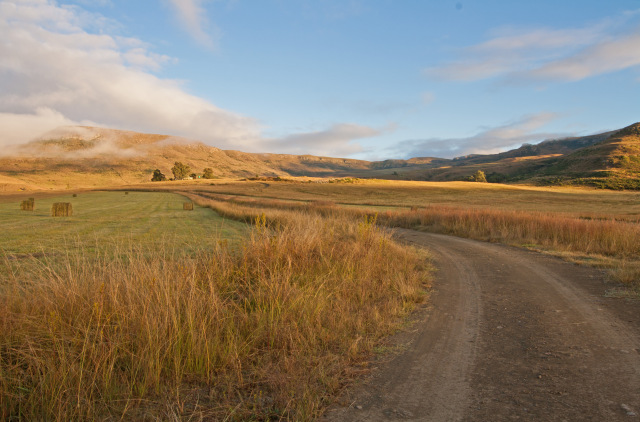
I’ve been tempted all week to enter today’s Ingeli 20km Mountain Challenge. Despite the fact that last time it took me nearly 6 hours and that a good deal of that time was spent clinging to rocks and crying hysterically. But I’ve gotten better at rock-clinging. Hell, I scaled Table Mountain and not a tear was shed. Rocks still try and scare me by looking treacherous but I ignore them and plough ahead. I was curious to know whether my new-found bravery would mean a quicker time.
While I was dithering between entering and not entering I read an article by Jeff Gaudette. It was so well timed. What he (and many other modern day coaches) are saying is that once you have been on the road for 2,5 to 3 hours, aerobic benefits start to diminish and injury-risk and recovery time needed increase. This means that after monster runs of 4 hours plus, training for the next 5 or so days is compromised. The concept of doing multiple 30 – 32 km runs to train for a marathon comes from the 70’s and 80’s when most marathoners were capable of around 3 hours for a marathon. This kind of pace equates nicely to 30km long runs. More recently there has been a huge increase in marathoners who are only capable of 4,5 to 5 hours and more. I’m a 5 to 6 hour marathoner and at my easy long run pace those 30km runs take 4 hours. Gaudette (and others) say that the back of the packer’s time would be better spent doing shorter, faster long runs and then recovering quicker in order to work on increasing the aerobic threshold during the week.
And so I decided to skip 5 hours plus of wild trail and do my normal 2 hour run instead this morning. I’m sad though. Bouts of hysteria give rise to good laughs once the after-effects have worn off. Time heals everything!
I’ll console myself with the awesome views that we have on our everyday, hysteria-free runs.
 And then of course I get to come back to this…..
And then of course I get to come back to this…..
